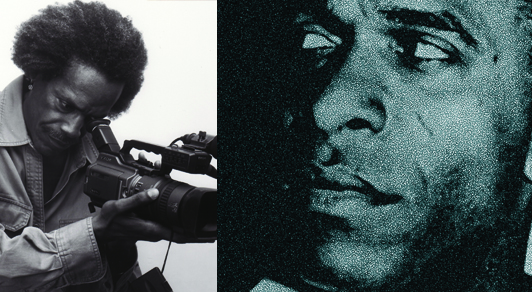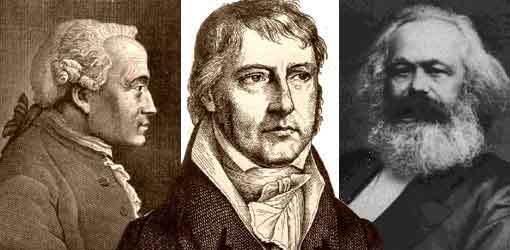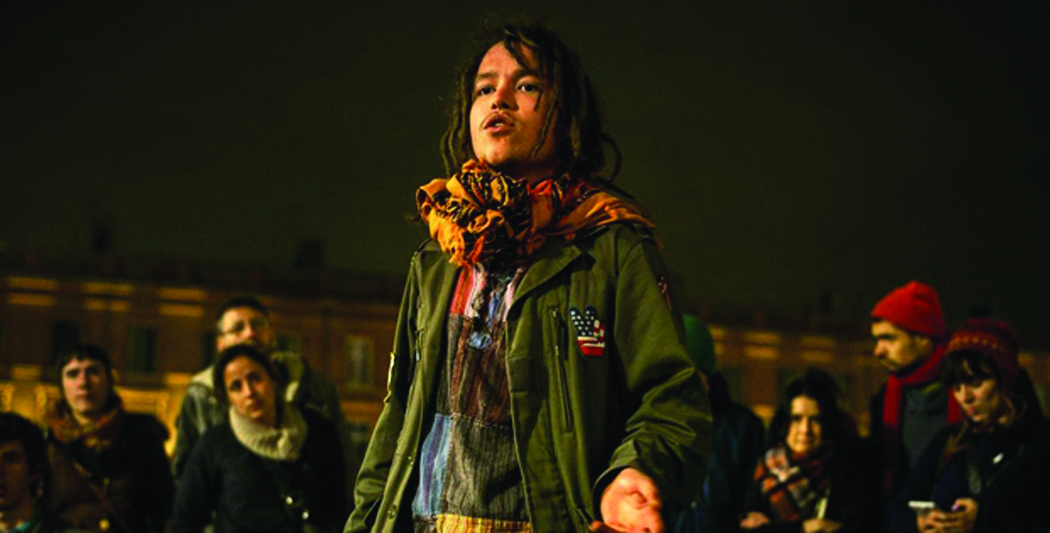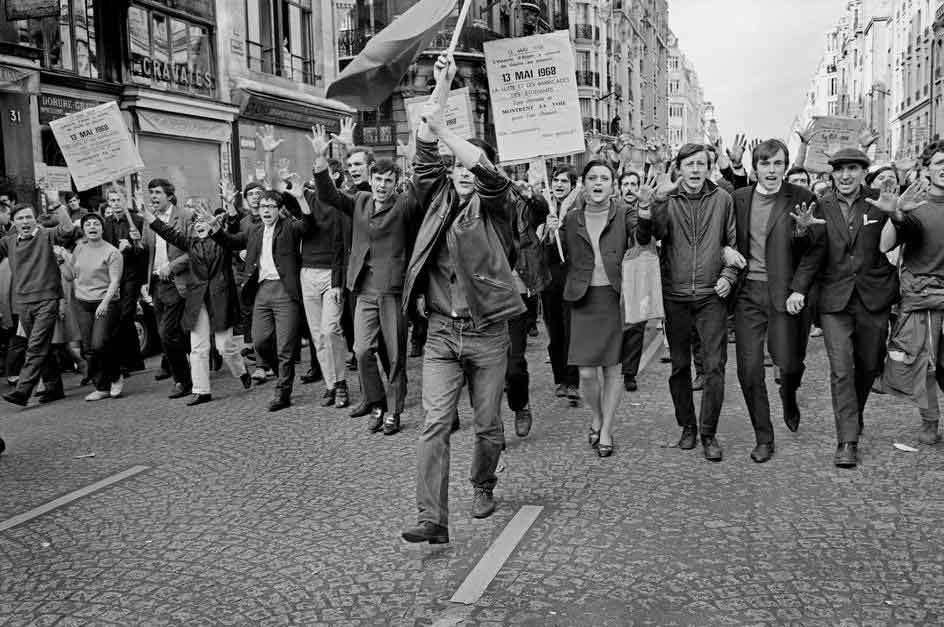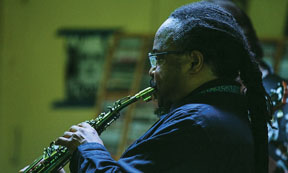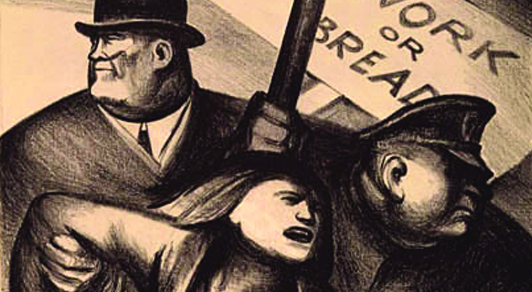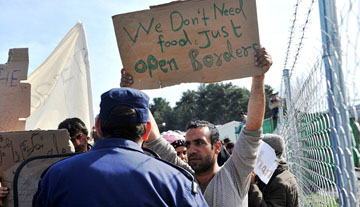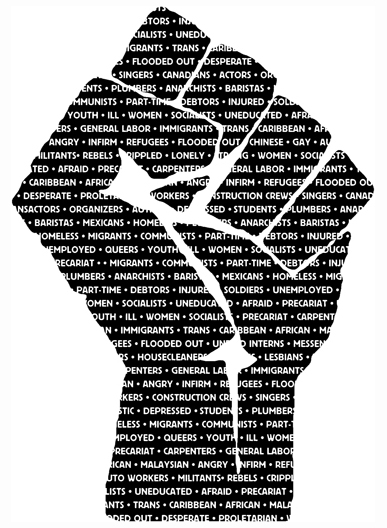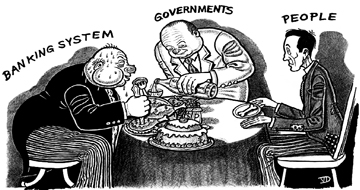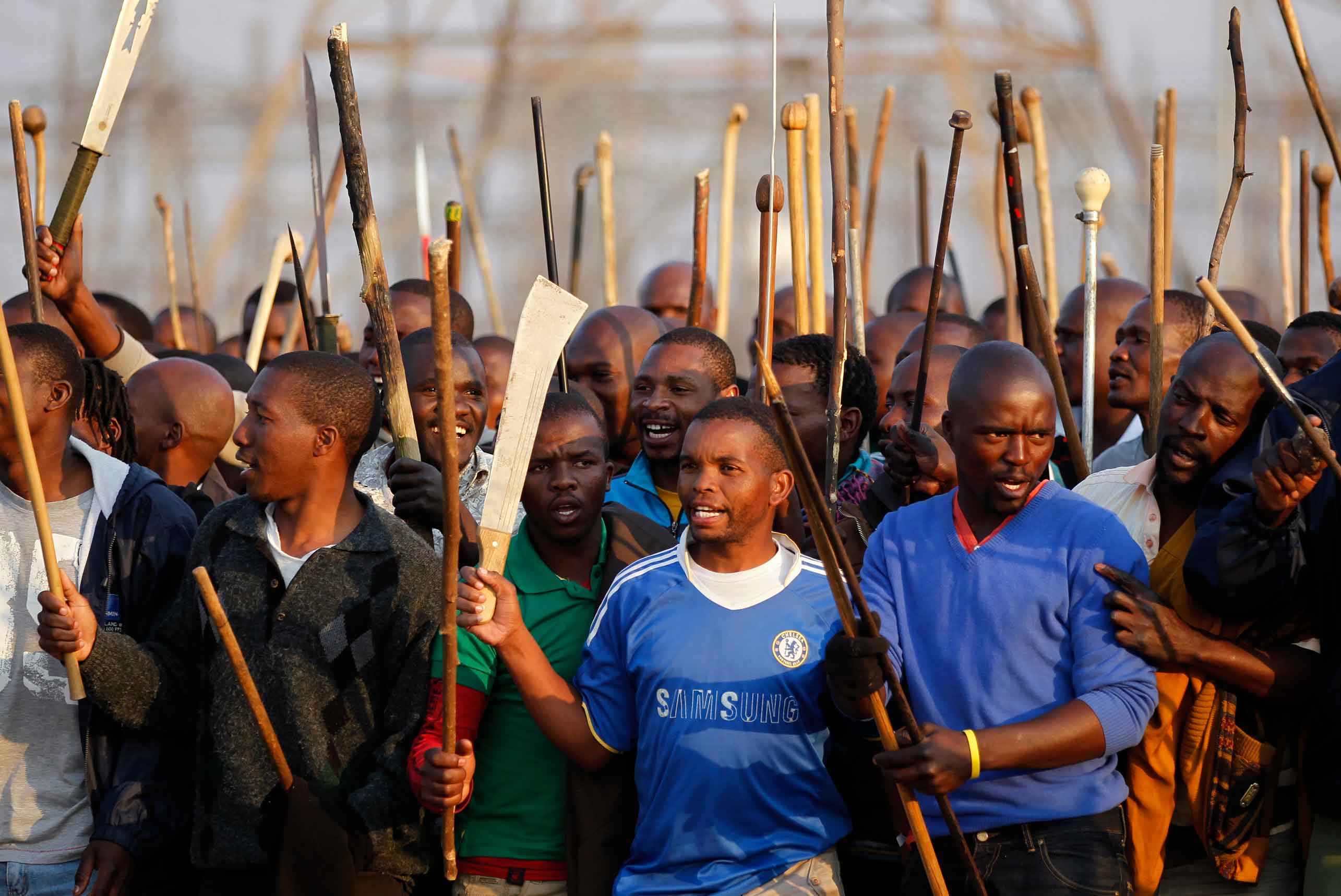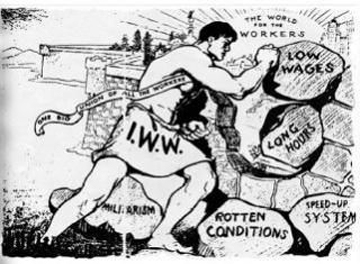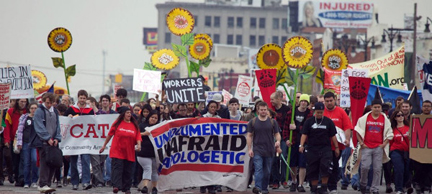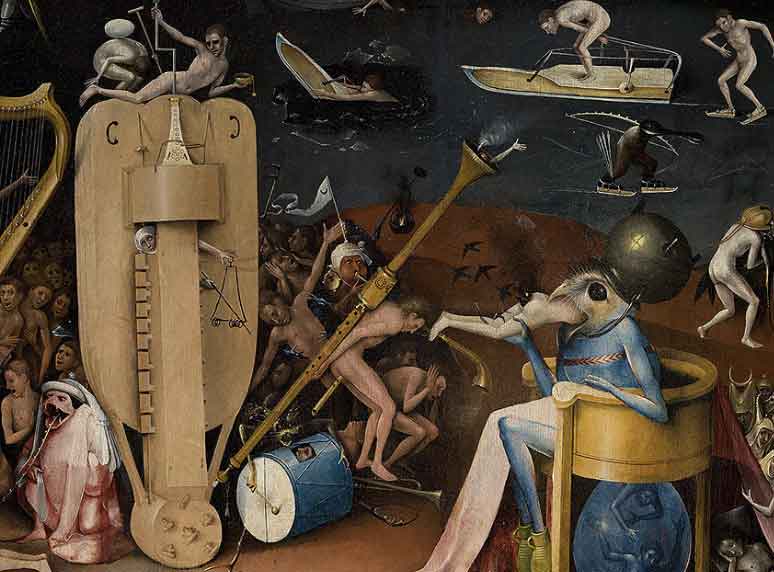Re-Discovering Fanon: Preview to a work in progress
Re-Discovering Fanon will make evident Fanon’s unrelenting hatred of racism and his uncompromising determination to set forth a dialectic of disalienation in order to bring about a new humanity.
Day 1, Session 1: Marx and Engels and Classical German Philosophy
Our discussion will focus on the basic, immediate philosophical background in classical German philosophy represented primarily by Kant, Hegel, Fichte and Schelling that Marx and Engels inherited.
Day 1, Session 2: Live from Place de La Republique on Bastille Day
This will consist of a short documentary including interviews with three key players in the events of the past months: Francois Ruffin, editor and director of Merci Patron (Thanks Boss); a member of the CGT, the union that is leading the strikes; and an academic who will provide a critical analysis of the labor law.
Day 1, Session 3: May 1968 in France: Learning from the Participants
“May ’68 seemed to portend the beginning of a revolutionary period in Europe, but it didn’t. Even so, in France and in so much of the world, it remains a marker, a moment when it was forbidden to forbid, when it seemed the imagination was about to seize power.”
Day 1, Session 4: What Would Karl Marx be Listening to on Bastille Day in 2016
with Ras Moshe and John Pietaro Ras Moshe hails from a musical and political family in Brooklyn. Ras has been playing music for 30 years and keeps the family tradition going as a life-long radical political activist. He was part of the Neues Kabarett series and founder of the Music Now series, which presented new ... Read more
Fiction from The Busted Boom
The 30s were a time of turmoil for most and a decade shaping the terrain of the way life was to be lived on the edge—in shadow or in light.
Day 1, Session 5—Solidarity Without Borders
Are we witnessing the formation of an historic bloc via precarity unlike formations in the prior history of capitalism? We are witnessing Greek workers welcoming refugees to Greece as the central European banks push them towards brutal levels of austerity not seen in Europe since WWII.
Day 2, Session 1: Imperialism Today: Super-Exploitation and Marxist Theory
Presentation and discussion with Walter Daum Imperialism was first analyzed by Marxist theorists a century ago. Today it still dominates the world but has greatly changed: production, not just trade, is globalized; profits rely on the super-exploitation of hundreds of millions of proletarians in the Global South. This session will discuss the transformation of the ... Read more
Marxist Summer Intensive: July 15-17
Through collaborative study and discussion, we aim to provide a challenging learning environment so each participant can develop his/her own theoretical and analytic tools to advance our organizing and movement building work in order to broaden opposition to capital locally, nationally and internationally.
Day 2, Session 2: Looking at Class Consciousness, Class Struggle and Self-Organizing Using Image Theater
"I believe that all the truly revolutionary theatrical groups should transfer to the people the means of production in the theater so that the people themselves may utilize them. The theater is a weapon, and it is the people who should wield it. —Augusto Boal
Day 2, Session 3: Public Banking
This session will explore the concept of public banking as an organizing and programmatic strategy for fighting the power of the private banksters and for raising the fundamental question of who should control public monies and decide how they are invested.
Day 2, Session 4—Southern Insurgency: Mass Movements Throughout the Global South
It is essential that we considers the broader historical forces in play today throughout the Global South, such as the effects of imperialism, the decline of the international union movement, class struggle, and the growing reserve army of available labor on a global scale.
Day 3, Session 1: Slackers, Sabotage, and Syndicalism
The term "slacker” originated during WWI and disparaged those (primarily Irish) coded “lazy," “vagrant," and resistant to a proper Protestant work ethic; it also referred to those who would not fight on the side of the Americans (and of course, the British) during WWI.
Day 3, Session 2—Beyond Bernie: The Crisis of Labor & The Left in the United States
What are the prospects and possibilities for independent working class politics in the wake of the Sanders campaign?
Day 3, Session 3: Prometheus in Ruins? Uses and Abuses of the Hero Who Stole Fire
This talk will trace the history of Promethean ideology, beginning with the Godwin/Malthus debates of the 1790s, through its current revival within certain precincts of the left, particularly as it intersects with the ecological crisis and Anthropocene theory today.

